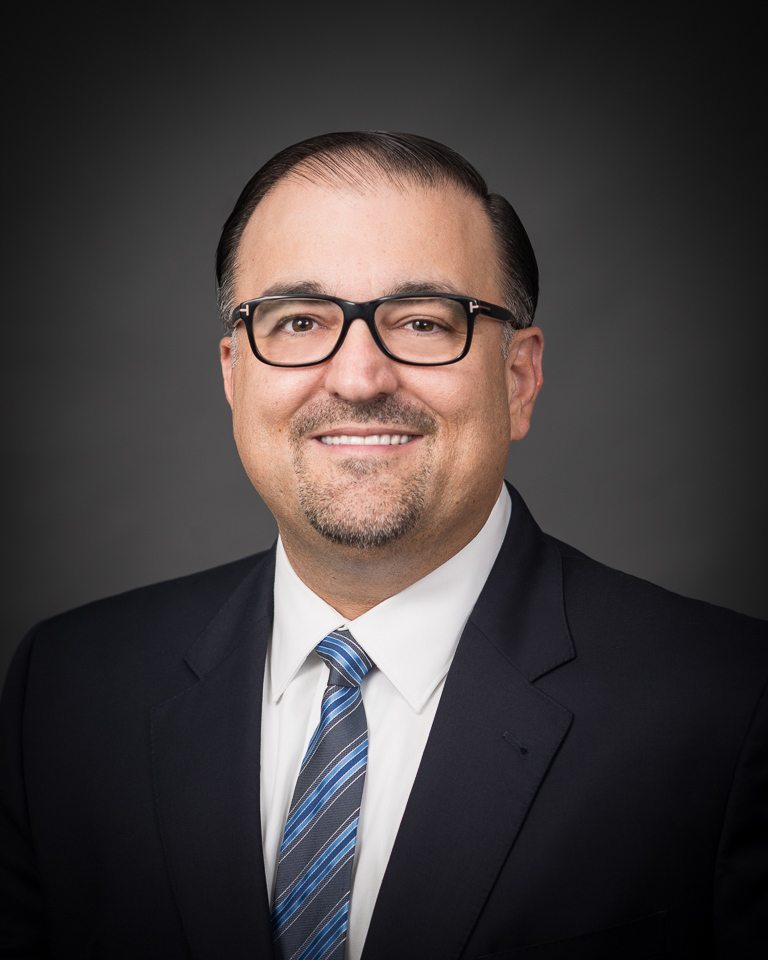The HASD&IC Biweekly Briefing provides timely news and information for HASD&IC members and associates and is published on the first and third Wednesdays of the month. Key articles and issues of interest from each publication, along with the President’s Message, are included below. Media statements and press releases can also be found here.
Newsroom
Member Spotlight: Patrick Ziemer Named CEO of Alvarado Parkway Institute Behavioral Health System
Patrick Ziemer returned to Alvarado Parkway Institute Behavioral Health System (API) as CEO on Jan. 1. Ziemer has been a passionate advocate for behavioral health with a career dating back over 30 years. Ziemer served as the CEO of API from January 2008 to April 2019. In 2019, he moved into the role of president and chief development officer at the corporate level to lead and develop other companies in API’s continuum of care, also serving as the CEO of 4 Front Pharmacy and the Jackson House facilities.
Associate Member Spotlight: BMG Money
BMG Money is a leading financial wellness provider that offers LoansAtWork and free financial literacy programs to alleviate the emotional stress and despair threatening employees. LoansAtWork is a voluntary employee benefit that empowers health care organizations to assist their employees in avoiding high-interest loans that can pull them deeper into crisis. BMG Money helps employees […]
5 Things To Know: CDPH Launches New Opioid Resource Website, MSSP Waiver Renewal Application – 30-Day Public Comment Period, January Marks National Blood Donor Month, Urgent Need to Increase Immunization Coverage for COVID-19, Influenza, and RSV Immunizations, Office of Climate Change and Health Equity Launches Support Program
CDPH LAUNCHES NEW OPIOID RESOURCE WEBSITE: The California Department of Public Health (CDPH) launched a new, comprehensive website on the opioid epidemic that gives Californians a single resource for prevention, data, treatment, and support. The website is part of Governor Gavin Newsom’s multi-pronged approach to connect Californians with information to prevent and reduce overdoses and […]
5 Things To Know: Point-In-Time Counts in January, CalAIM Community Supports Standardization, New Year Will Bring Expanded Medi-Cal Coverage, Dashboard on Race & Ethnicity, Children’s Behavioral Health Services Lack Timely Access
SAN DIEGO AND IMPERIAL COUNTIES WILL HOLD POINT-IN-TIME COUNTS IN JANUARY: In January 2024, San Diego County and Imperial County will each hold their annual Point-in-Time Count (PITC) of sheltered and unsheltered homeless individuals and families. The data inform the Department of Housing and Urban Development and help determine federal funding for homeless services and programs. To […]
5 Things To Know: San Diego City Council Declares Behavioral Health Bed Crisis, County of San Diego Emergency Medical Services, San Diego County Releases Draft APOT Policy, CDPH Releases New AFL on Covid-19 Vaccinations,CHA Releases FAQs on Implementing AB 1882 Requirements
SAN DIEGO CITY COUNCIL DECLARES BEHAVIORAL HEALTH BED CRISIS: On Dec. 5, the San Diego City Council declared a behavioral health crisis due to the lack of available behavioral health beds in the city. A recent survey of hospital members found that on any given day in the HASD&IC region, about 50 patients who are […]
5 Things To Know: Engaging And Supporting Refugee Communities – Free Training For Health Providers, Medi-Cal MCP Transition, Engage San Diego County Website, CHA Behavioral Health Care Symposium, ACEs And Toxic Stress Awareness Web Page
ENGAGING AND SUPPORTING REFUGEE COMMUNITIES – FREE TRAINING FOR HEALTH PROVIDERS: On Dec. 7 from 10 a.m. to noon (PT), the San Diego Refugee Communities Coalition will lead cultural competency training — Engaging and Supporting Refugee Communities — for health care providers. It will include a comprehensive overview of the refugee resettlement process, shedding light […]
